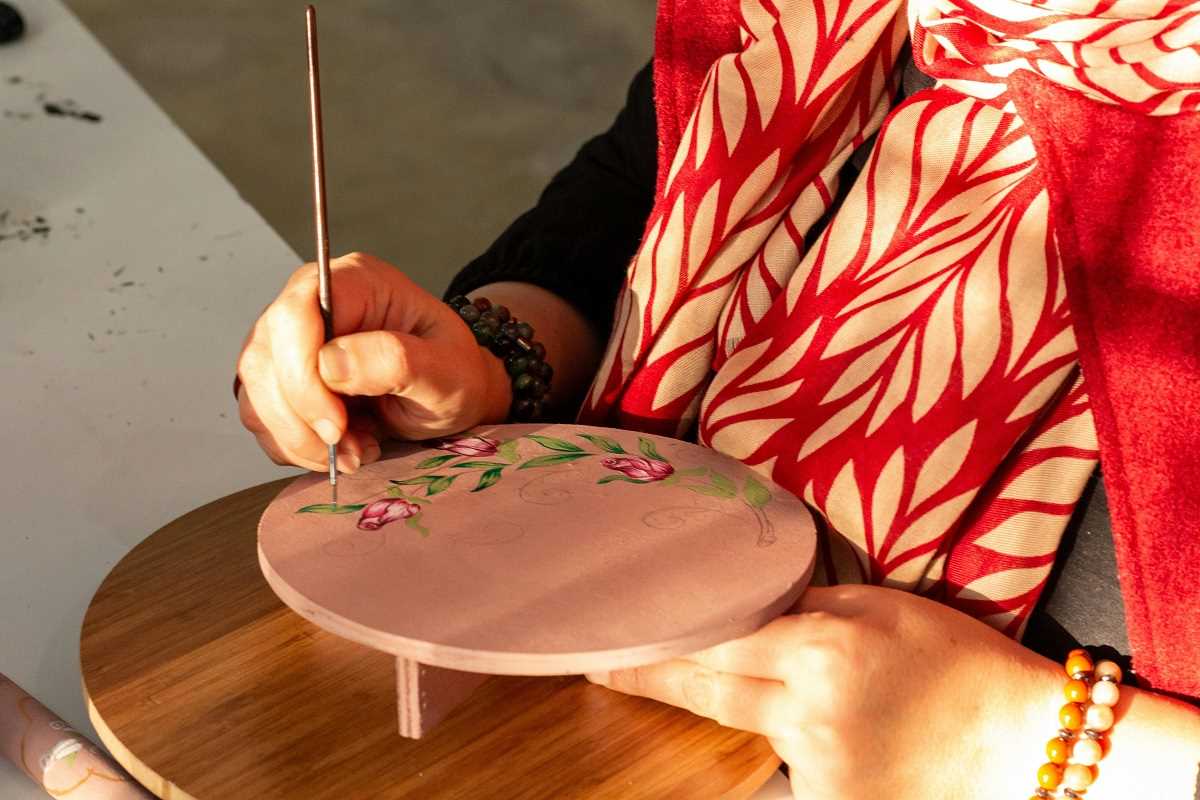Play isn’t just for children. Though often associated with childhood, play is a vital and meaningful part of life that benefits people of all ages. For adults, engaging in playful activities can provide an essential outlet for stress, boost creativity, and improve mental and physical well-being in ways we might not always recognize. But in the busy shuffle of responsibilities, work, and day-to-day tasks, play is often overlooked or seen as unnecessary. However, rediscovering the value of play can have profound benefits, inviting more joy and balance into life.
Whether it involves playing games, tapping into creativity, or simply finding moments of light-heartedness, play fosters connection, relaxation, and personal growth. Exploring how play impacts different aspects of life shows why making time for it is worth the effort.
What Is Play, and Why Does It Matter?
Play can take many forms. It might be a game of tennis, experimenting with a new hobby, or even building a puzzle. The unifying feature of play is that it’s driven by enjoyment, curiosity, and a sense of freedom. Play often lacks a specific goal or outcome. It’s more about the process than the result.
For adults, play is more than superficial fun; it’s about engaging the brain and body in ways that encourage relaxation and exploration. Far from being frivolous, play matters because it adds balance to life. It helps counteract the pressures of work, deadlines, and serious commitments. Play provides a safe space to step away from stress and recharge.
The Mental Health Benefits of Play
Engaging in playful activities has powerful effects on mental health. Even brief moments of play can ease everyday stress and improve mood. This is because play stimulates the release of feel-good hormones like endorphins and dopamine, which help create a sense of happiness and relaxation.
Play also taps into creativity. Doing activities like painting, cooking, or playing music requires the brain to think in new and flexible ways. For people dealing with mental fatigue or burnout, playful creativity offers a chance to refresh the mind. It encourages open-ended thinking and problem-solving, which can translate into improved focus and productivity in other parts of life.
For many adults, play also provides a break from overstimulation. Stepping away from screens or constant multitasking and focusing on a simple, enjoyable activity gives the mind space to rest. This reduction in mental clutter has been linked to better emotional resilience and lower levels of anxiety.
How Play Supports Physical Health
Play isn’t just good for the mind; it’s great for the body too. Activities like dancing, sports, or even active games contribute to physical fitness without feeling like a chore. Moving the body during playful activities helps improve circulation, strengthen muscles, and boost energy levels.
There are also benefits to engaging in less physically demanding forms of play. For example, playing interactive board games or engaging in a craft project can improve fine motor skills and hand-eye coordination. Even seemingly simple actions, like assembling a model or practicing calligraphy, stimulate parts of the brain and body that help with coordination and endurance over time.
Laughter, which often accompanies play, has its own set of health benefits. Laughter improves lung capacity, increases oxygen intake, and even supports cardiovascular health by improving blood flow. Playful moments that spark laughter also act as stress relievers, creating an uplifting effect on the body.
Social Connections Through Play
Another reason play is so vital for adults is its role in fostering meaningful social connections. Whether it’s a game of cards with friends or joining an amateur sports league, play often brings people together. It provides an opportunity to connect with others in a way that feels natural and fun.
For adults, life can sometimes feel isolating due to demanding schedules or shifting social circles. Play bridges that gap, creating spaces for shared experiences and joy. This is particularly important because strong social connections are a key factor in overall happiness and mental wellness. Playful activities help break down barriers and nurture relationships, making it easier to bond and build trust with others.
Building connections through play doesn’t always involve organized activities. Casual, playful banter, sharing jokes, or spending time outdoors with loved ones are simple ways to foster closer relationships. These moments of connection add quality and richness to life.
Finding Time for Play in a Busy Schedule
One of the biggest barriers to incorporating play into adult life is time. Between work, family responsibilities, and daily errands, it can feel like play belongs at the bottom of the priority list. However, the benefits of play make it worth finding even small windows of time to enjoy.
Start by rethinking what play means. It doesn’t require hours of free time or elaborate plans. Play can be as simple as taking ten minutes to build a small Lego set on a desk, kicking a soccer ball around in the yard, or even experimenting with a new recipe in the kitchen. Incorporating short bursts of play into existing routines can make the idea more approachable.
There’s also value in reclaiming time for play that might otherwise be spent on less fulfilling activities. For example, swapping an hour of scrolling on a phone for a puzzle, a quick game of Frisbee, or a creative hobby can feel far more energizing and rewarding.
Overcoming Barriers to Play
For some adults, the idea of play can feel unfamiliar or uncomfortable. Play might bring up feelings of self-consciousness or seem like something trivial. However, these barriers often stem from how play is perceived rather than its actual value.
One way to overcome these barriers is by starting small. Play doesn’t have to mean acting silly or stepping far outside your comfort zone. Experiment with low-pressure options, like doodling on a notepad, taking a casual bike ride, or playing a simple guessing game. The key is finding activities that feel enjoyable and personally meaningful.
Another important step is to give yourself permission to enjoy play. It’s easy to feel like every moment of adult life needs to be productive, but that mindset can lead to burnout. Play offers a healthy balance, allowing room for both productivity and relaxation.
Rediscovering Joy
The act of playing often brings back a sense of childlike joy, wonder, and curiosity that can become dulled in the face of adult responsibilities. Whether it’s through revisiting old hobbies or trying something entirely new, moments of playful enjoyment have a way of reminding people of the simple pleasures in life.
Activities like exploring nature, solving a riddle, or improvising a dance in the living room may seem small, but they carry the power to rekindle joy. These moments remind us that life isn’t just a list of tasks to complete but a series of opportunities to relish and explore.
The Long-Term Importance of Adult Play
Making room for play in adult life isn’t just about immediate enjoyment; it’s about building habits that support long-term well-being. Play supports emotional balance, improves mental and physical health, and strengthens relationships. It creates space to unwind, approach challenges with fresh perspectives, and tap into creativity.
By intentionally including play, life can feel less overwhelming and more fulfilling. The benefits of play don’t fade with age; if anything, they become more essential. Moments spent playing are an investment in joy, connection, and balance that enhance every aspect of life.
Engaging in play is a reminder that life doesn’t have to be all work and no fun. It’s a celebration of curiosity, a chance to laugh, and an opportunity to nurture both the serious and light-hearted sides of life. Through play, adults can bring more energy, creativity, and peace into their days.







